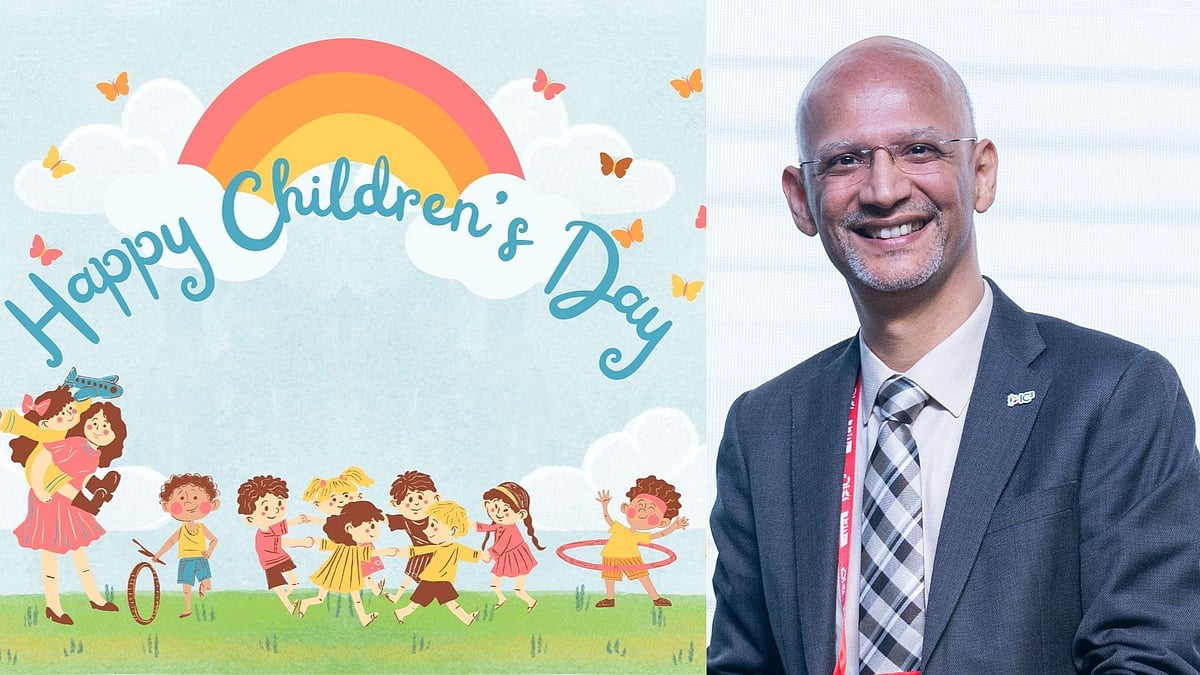A philanthropist, nationalist leader, freedom fighter, Hakim Ajmal Khan was one of the founders of the Jamia Millia Islamia University, New Delhi.
In order to create an educational institution to meet the academic requirements of the nation and that too without relying on British government support in 1920, an 18-member Foundation Committee was assembled. This committee formed on October 29th, 1920 and declared the formation of Jamia Millia Islamia. He was also appointed the university's first chancellor on November 22, 1920 and remained in office until his death in 1927.
He was known for development of the Unani system of medicine
He was also known for its expansion and development of the Unani system of medicine and built three important institutions, the Central College in Delhi, the Hindustani Dawakhana, and the Ayurvedic and Unani Tibbiya College better known as Tibbia College, Karol Bagh, Delhi, which expanded research and practice in the field and saved the Unani System of Medicine from extinction in India.
Tibb was his forte
He not only advanced and popularized the traditional medicine system, which remains one of his significant contributions, but also had a multifaceted personality. Hakim Ajmal Khan's unwavering dedication to both education and Tibb garnered him respect and renown in various spheres, including religious, academic, institutional, and political domains.
His integrity and honesty led to him being entrusted with presiding over gatherings of opposing factions such as the Muslim League and Hindu Mahasabha. Additionally, he held the position of president of the Indian National Congress on multiple occasions.
Khan also represented the Nawab of Rampur
Along with taking great interest in the educational benefit of the nation, Hakim Ajmal Khan represented the Nawab of Rampur during the coronation of George V in London. He was given the title of ‘Haziq-ul-Mulk’ (‘the skilled one of the kingdom’) on 1 January 1908 and was given Golden Medal of ‘Qaisar-e-Hind’ on 1 January 1915.
The Jamia institute continued to function through the nineteen twenties till independence in a very struggling manner. It played its role not just in education but equally in the freedom struggle. For a major part of this time, Jamia was struggling financially, but it was for people like Gandhi, Zakir Hussain, MA Ansari, Hakim Ajmal, who came forward for Jamia’s rescue. Gadhi even famously said, “Jamia has to run. If you are worried about its finances, I will go about with a begging bowl”.

.jpg)









